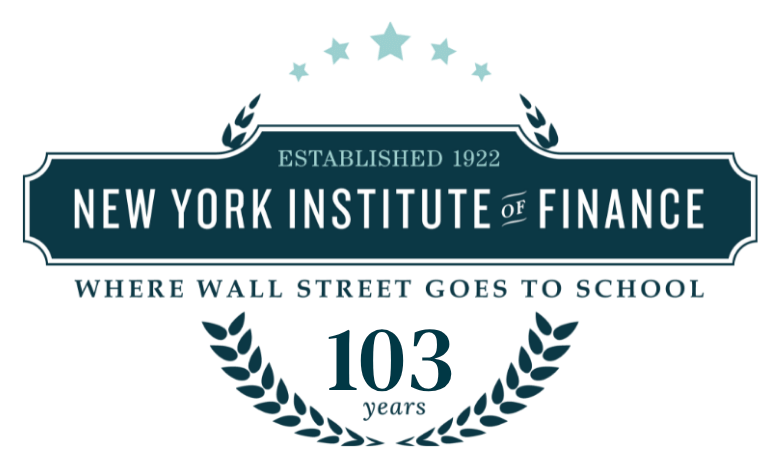The Basics of Bonds
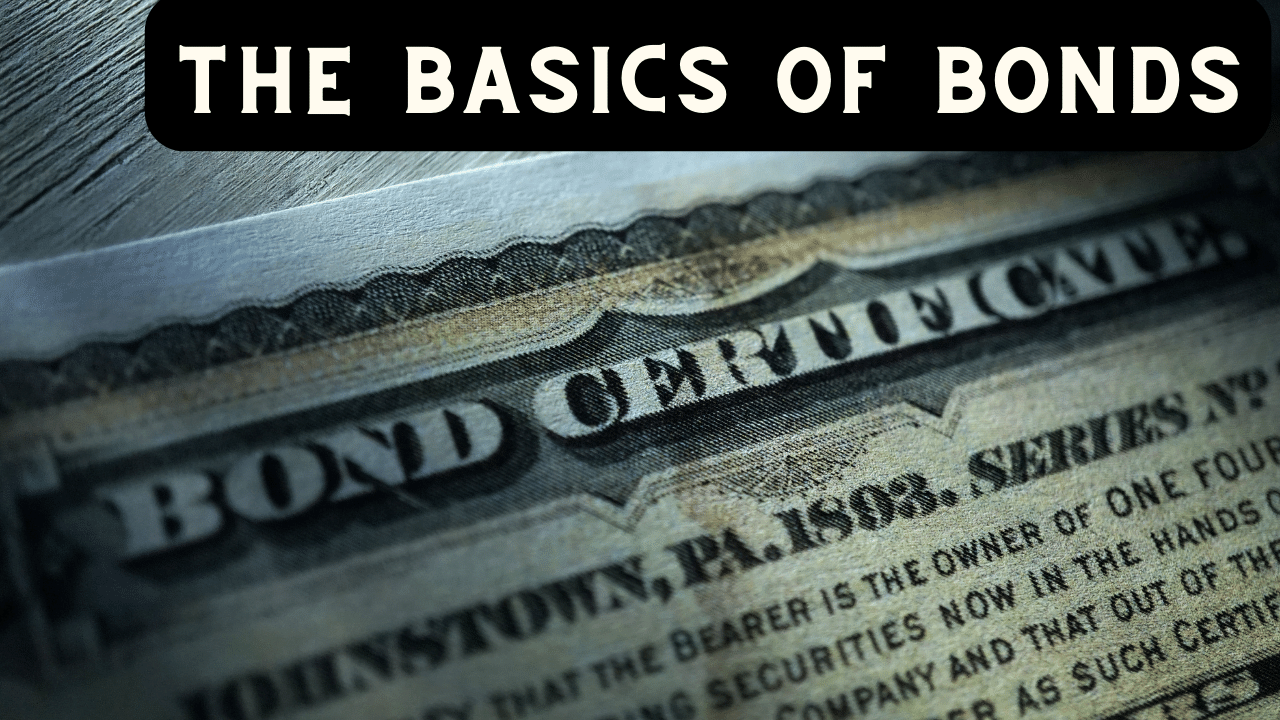
What are Bonds?
A bond is an essential way for someone to participate in lending to a company or municipal. So basically, it is a loan investment, which means an investor is loaning money to an entity or business. This article covers some unique facts about bonds that will keep you in touch with the world of bond investments, and help you decide whether you want to dabble in it or not.
How Bonds Work?

The concept of bonds appears to be a little complicated for most people. In reality, understanding bonds isn’t complex at all. You may assume a bond as a big liability on you, along with interest rates. The fact is that bonds are simply loans that companies borrow. They issue bonds with the promise to repay the borrowed amount later.
There is a legal document that declares the loan repayment date, along with the applied interest rate and that is all. When you are buying a bond, you are declaring the intention to lend money to the company that is interested in borrowing money from you like a loan and return you on a certain decided date with a predetermined interest rate. They use this money as an investment in their business and plan to retain as much profit as they can with their investment.
Are Bonds Safe?

For a long time, bonds were regarded as one of the best ways to save money for your future. No matter if this is true, but there are still risks associated with the purchasing of bonds. There are high risks of inflation and also the risk of liquidity highly connected with this. Unlike stock investments, bond investors may have to worry about these problems before they make a bond investment.
Bonds Vs. Stocks?
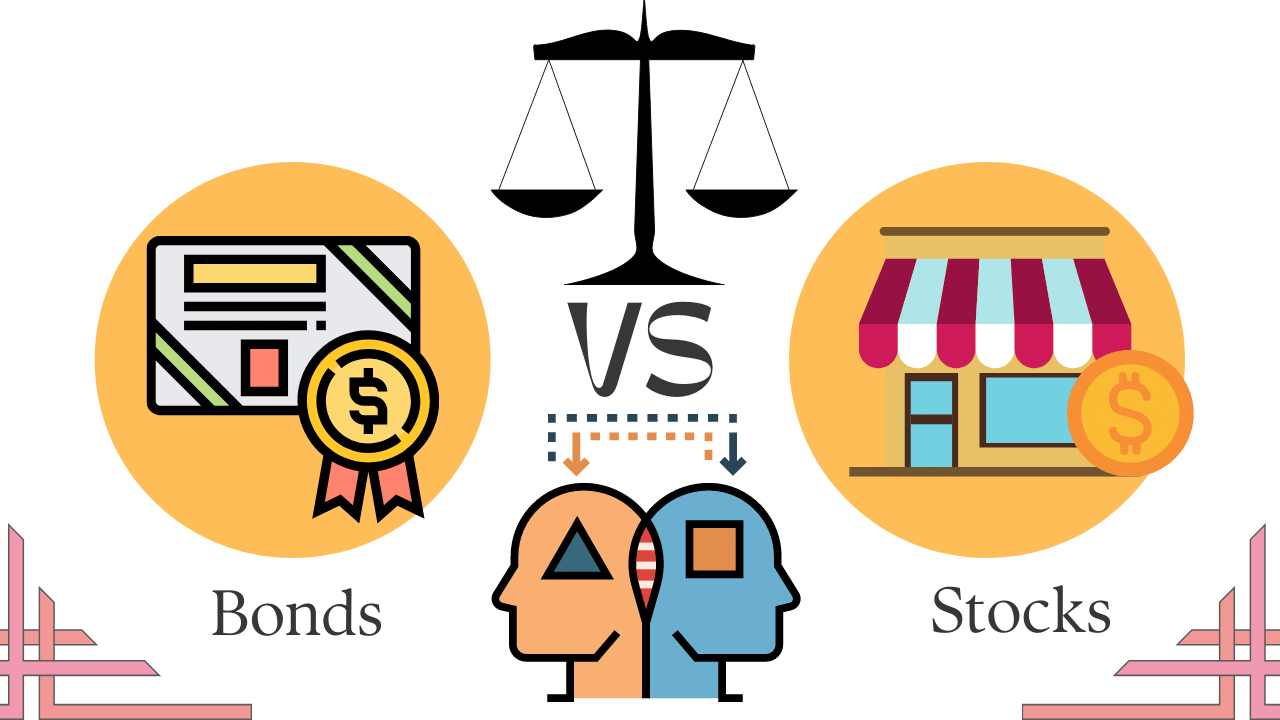
Both bonds and stocks are both considered a good way to invest money, but bonds are much more common than stocks. A stock buyer is relatively less worried than the one who purchases a bond. This is because a stock is one’s own investment.
An investor who purchases stock owns a piece of that company. However, a major drawback of stocks is that it is only offered by public corporation, whereas bonds can be bought by anyone including the government, private and public corporations, businessmen, states, and many more. However, there are types of bonds such as short-term notes and long-term notes. Each type has a different period to get mature.
Which Bonds to Invest in?
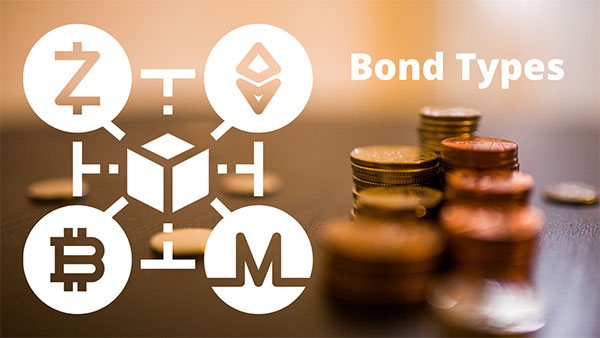
There are several different types of bonds that can be bought by an individual:
● How to Use Technical Indicators; Moving averages, RSI indicator, Stochastic Rate of change (RoC) indicator, and MACD Bollinger bands.
● How to Design and a trading strategy, Results for popular indicators.
● Technical Analysis Methods; Sentiment (CBOE volatility index (VIX), surveys, insider buying and selling), Breadth (advance decline, % stocks above a moving average)
● Relative Strength Trading; Comparative relative strength (momentum anomaly to the Efficient Market Hypothesis)
● Combining relative strength with fundamentals (value anomaly to the Efficient Market Hypothesis)
● Advanced Technical Analysis Theory; Dow theory, Cycle analysis, Elliott wave theory, Fibonacci sequence, and Intermarket analysis
What is Bond Yield?
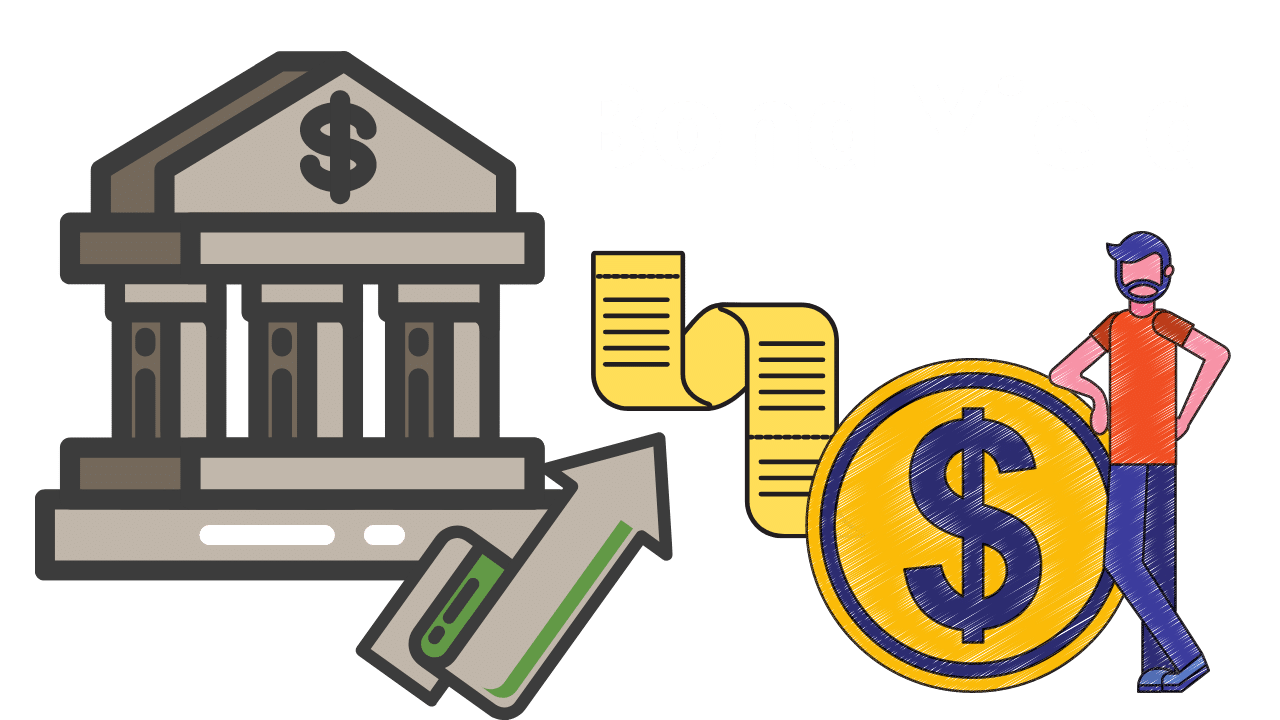
Bond yield is the percentage return an investor expects each year on a bond from now until the bond matures. It summarizes the remaining payments that the owner of the bond will receive relative to the price that they paid for the bond. The yield represents the annualized cost of borrowing to the issuer for the investor.
The yield represents the annualized return on their investment in the bond. So, the bond yield is expressed like a normal interest rate and it always moves in the opposite direction to its price. If a bond price goes up, its yield will come down and vice versa, and this will affect the annualized return investors expect for purchasing bonds in the secondary market. Ultimately, if the price of the bond will change, then the yield of the bond will change too.
Are Bonds a Good Investment?
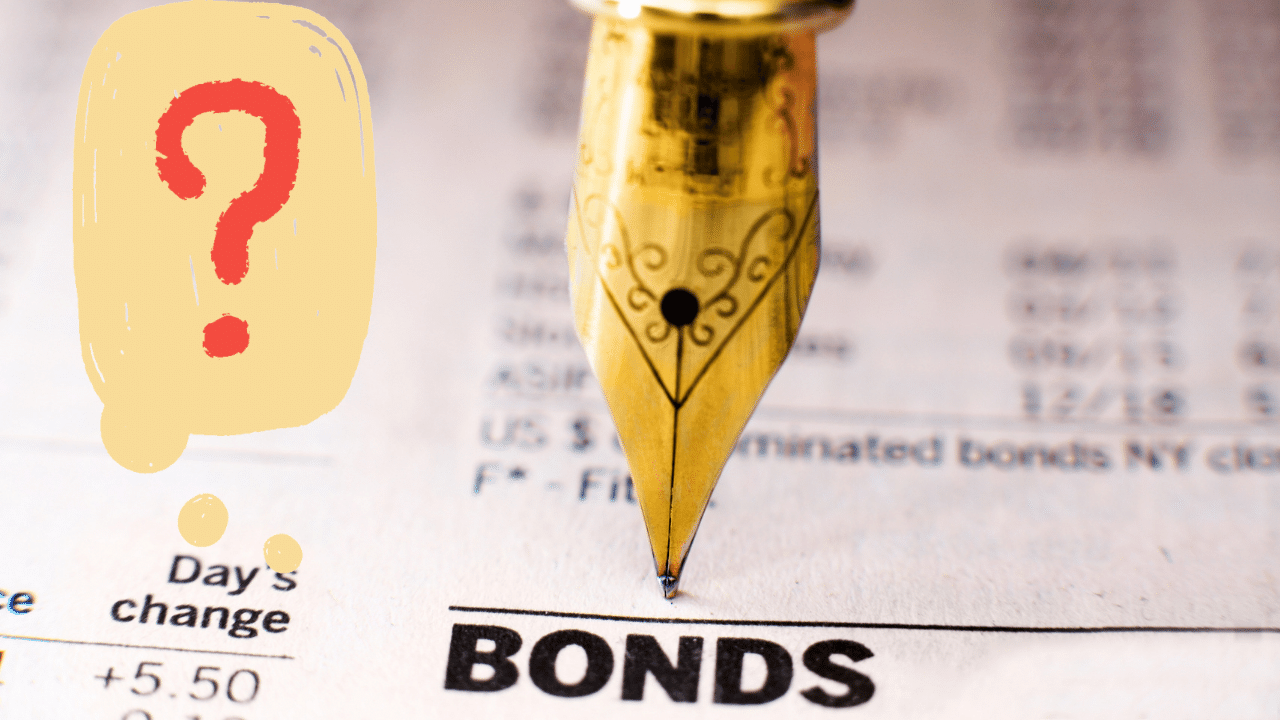
Many people are obsessed with the dealing of bonds. However, as far as a beginner is concerned, a bond fund is a good option. For instance, ETF, an exchange-traded fund, is a better option as it is handled professionally and there are lower risks. You can have their account service with a minimal fee, but you will be assured that you have lower risks of liquidity of individual bonds.
This concludes our article on the basics of bonds. If you are looking to begin your investment journey with something that is simple and easy to track, bonds are a great option. However, they can involve risks, so it is better for you to understand them properly before jumping in.
Want to take your Bonds Trading Knowledge to the Next Level?
Check out our Fixed Income Mathematics: Pricing and Valuation of Bonds Course; You will;
● Understand the 'no-arbitrage' principle employed in the valuation of fixed income securities
● Understand the limitations of 'yield-to-maturity' as a relative value measure
● Understand the limitations of 'yield-to-maturity' as a measure of the rate of return on default free fixed income securities
● Develop a 'no-arbitrage' interpretation of forward rates
● Develop a deep understanding of duration and convexity and be aware of common misunderstandings of these concepts
● Understand and be able to reproduce the yield and risk measures on Bloomberg YAS screens for government bonds
● Derive risk-neutral default probabilities from credit risky bond prices
About the New York Institute of Finance (www.nyif.com)
The New York Institute of Finance was formed more than 100 years ago by the New York Stock Exchange and is a global leader in delivering education and training for the financial services industry. The Institute offers a vast array of courses ranging from introductory to advanced, as well as several professional designations that build careers through expertise. Each year the Institute delivers training to more than 50,000 individuals in over 125 countries.
For more information about NYIF, visit nyif.com.
Contacts
New York Institute of Finance
+1 347-842-2501
customerservice@nyif.com
SOURCE New York Institute of Finance
Related Links
https://www.nyif.com
